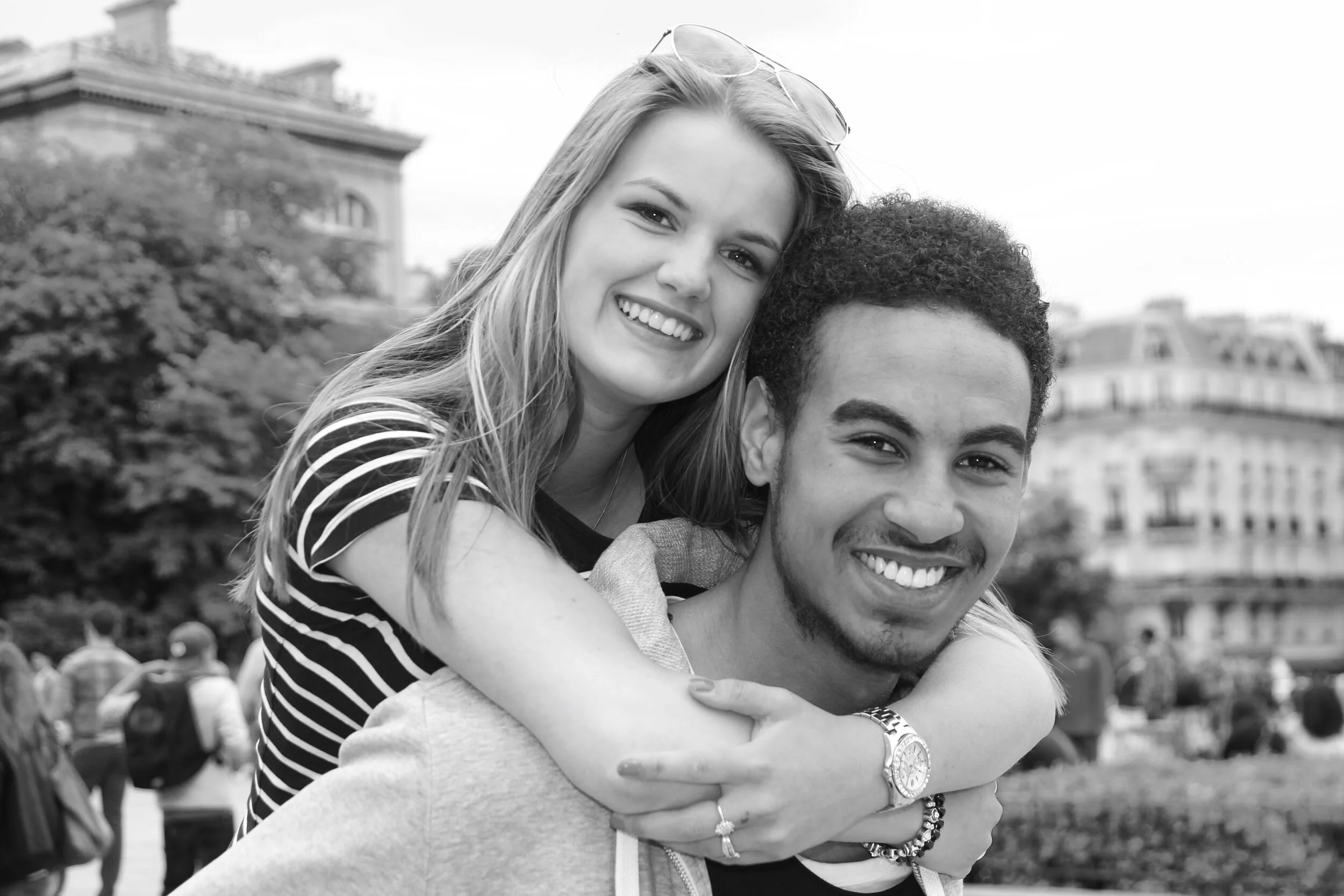No matter who you are, where you live, and what you do, you probably hold some type of prejudice. You may not even be aware of it. Countless factors feed into how we view those around us who are different than we are. Your family of origin and childhood experiences may have set the groundwork for your attitudes on this topic. The geographic region where you grew up may have also contributed. This holds true no matter your skin color or gender. Indeed, whether you realize it or not, your skin color and gender may also have silently fed into subtle, unwitting prejudices. So where do we start to understand the role of our own prejudice in our lives?
Self-Reflection
A good place to begin is simply to take the time to truly look at the way we view those who are different than us. We may think that we really don’t have any prejudices. Stop to reflect upon ideas you hold about various ethnic groups, skin colors, genders, political parties, geographic regions, careers. Sadly, there is any number of factors that we may view as “less than” or not as important as we are.
You can also reflect upon your interactions and relationships with those who are externally different than you.
Dig deep. What thoughts or feelings did you have that you didn’t express?
This can be a scary exercise. After all, many of us believe that we hold no prejudices. We don’t want to be associated with the offensive, hateful racists that we know or see on TV. But uncovering our biases opens up the way for better relationships and personal growth.
Even if you are already aware of your prejudices, aren’t afraid to make them known, and aren’t interested in changing, the following steps may still be helpful to you.
Notice Bias in Society
Our country’s terrible history of racism is well known.
Native Americans, Asians, African Americans, and ethnic groups of all sorts have endured atrocities and loss of human rights since the founding of our country. While much progress has been made, it’s not hard to identify ongoing cultural bias if you know how to look. Acknowledge this history. Take the time to understand how it continues to affect our nation. Better yet, while you’re doing this work, look for ways it has played out in your own life.
What Will You Do?
Once you’ve identified any prejudices you hold, it’s important to think about what you’ll do with them. Identifying a problem is the first step forward. What is most important is what you do with your self-awareness.
With denial set aside, accept your prejudices for what they are and move forward. You can choose to work for the good by building relationships with people from all backgrounds. Consciously work too, to treat everyone with the same respect and goodwill. If you see someone saying or doing something hurtful, you can calmly speak up. Look for opportunities to learn about other cultural groups in your community and online. Teach the children in your life to do the same. Confront the misconceptions you hold and learn to replace them with the truth. It can be an ongoing process, but it’s worth it.
Have you been a victim of prejudice? Has mistreatment from others due to your race, ethnicity, or gender created pain and harm in your life? On the flip side, do you want to move beyond your prejudices but aren’t sure how? Working with a therapist can help you take steps forward and find healing. I’d love to talk with you about how we can work together. Please contact my office to learn more.
Click here for more information on Spiritual Counseling.

